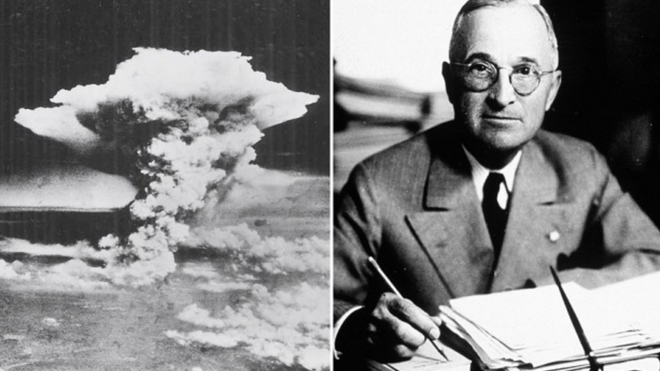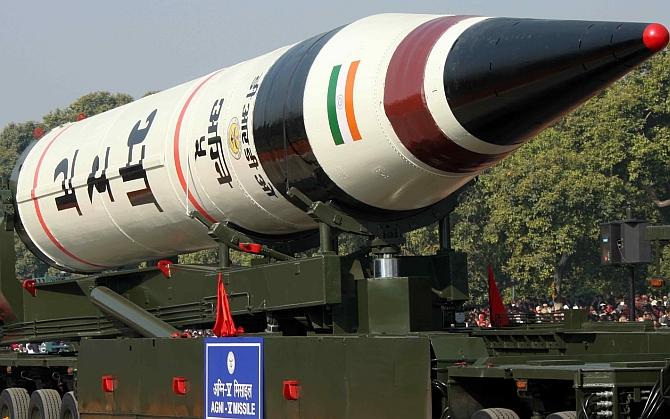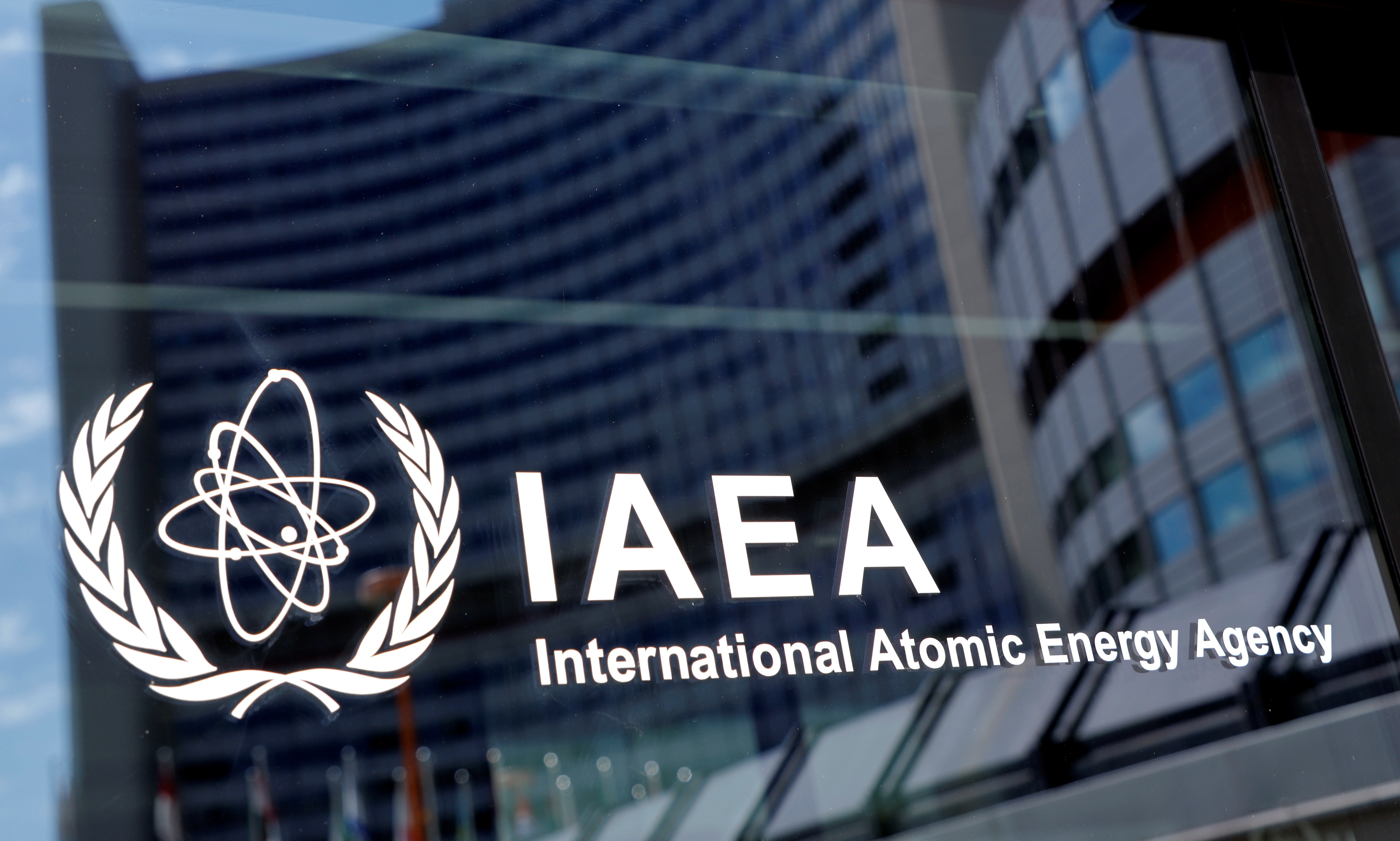Nuclear deterrence is the concept that a nation's possession of nuclear weapons deters other nations from attacking them, as the potential for a devastating nuclear response is too great. This concept has played a significant role in international relations since the invention of nuclear weapons, shaping the way nations interact with one another and influencing global politics. In this blog post, we'll explore the concept of nuclear deterrence, and how it shapes international relations.
The first use of nuclear weapons in 1945 by the United States against Japan marked a new era in international relations. The devastating effects of these weapons made it clear that a nuclear war would be catastrophic, and the threat of nuclear war has been used as a deterrent ever since. The theory behind nuclear deterrence is that by possessing nuclear weapons, a nation can deter other nations from attacking them, as the potential for a nuclear response is too great.
 |
| Left to Right: Hiroshima-Nagasaki massacre, Harry S. Truman(33rd president USA) credit religiondigital.org |
The arms race is another critical aspect of nuclear deterrence in international relations. As countries seek to develop and maintain a nuclear arsenal, the number of nuclear weapons in the world continues to grow, increasing the risk of nuclear war. This creates a state of constant tension and fear, as nations must consider the potential for nuclear war in their foreign policy decisions.
 |
| Agni V the nuclear warhead carrier of India at the Republic Day ceremony, Delhi credit rediff.com |
The role of international organizations such as the United Nations and the International Atomic Energy Agency (IAEA) also plays a vital role in shaping international relations related to nuclear deterrence. These organizations work to limit the spread of atomic weapons, promote disarmament, and prevent nuclear war. They also provide a platform for nations to come together and discuss issues related to nuclear weapons and international security.
 |
| IAEA headquarters in Vienna, Austria credit reuters.com |
In conclusion, the concept of nuclear deterrence has played a significant role in shaping international relations since the invention of nuclear weapons. While it is intended to deter nations from attacking each other, it has also increased the risk of nuclear war and made it more difficult for nations to resolve conflicts through diplomacy. The threat of nuclear war and the arms race continue to shape world politics and international relations, and efforts to limit the spread of nuclear weapons, promote disarmament, and prevent nuclear war are crucial for the stability and security of the world.
Comments
Post a Comment